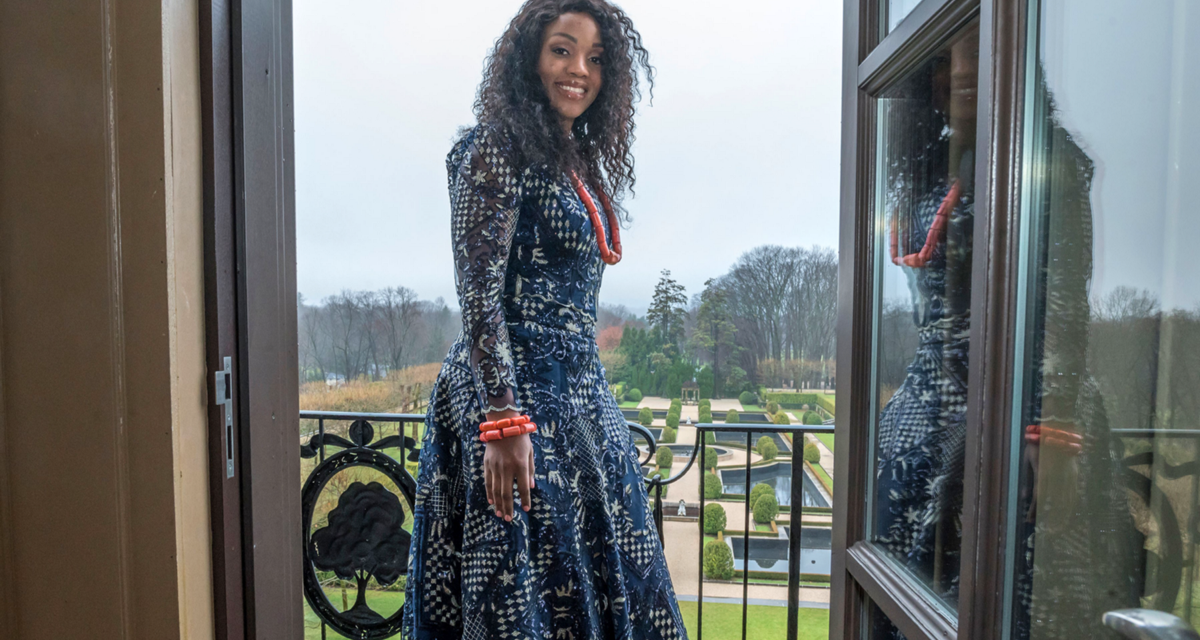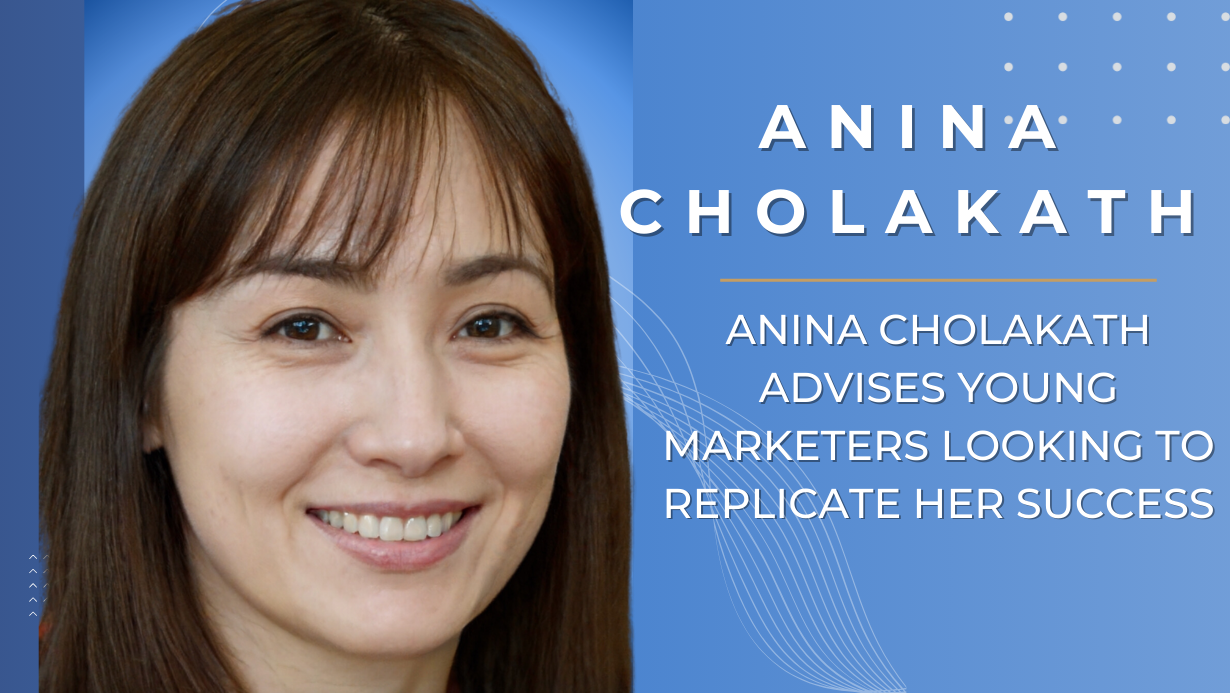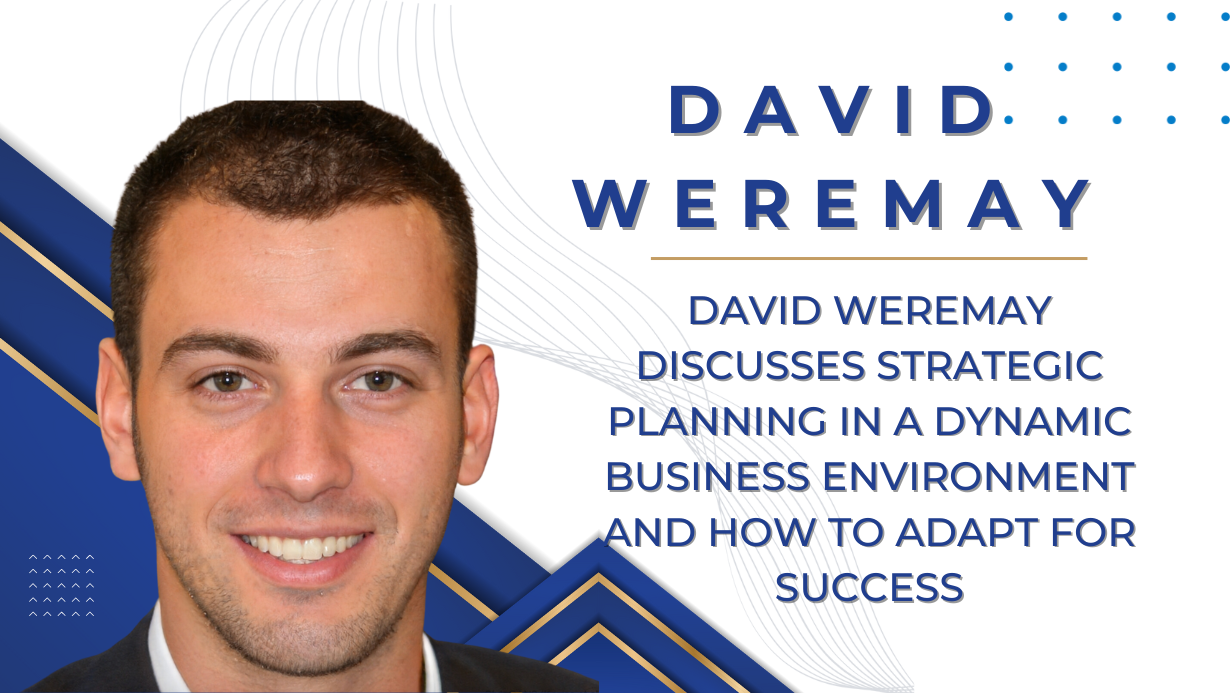THE “Ouch” TECHNIQUE
Just like most things, conflicts amongst spouses have patterns which can be changed once the patterns have been identified and broken.
The challenge then becomes identifying where to initiate the break in the pattern once it has been recognized.
By pattern, I mean certain words, thoughts, emotions and actions tend to trigger our body’s natural “fight or flight” response or put us in a “defensive mood” or “attack mood”. This is so because the brain has processed these triggers as threats and naturally the body will defend itself by either fighting back or fleeing.
Most things that cause us pain will more than likely be processed by the brain as threats. Conflicts can cause pain and once the door has been opened, it can easily get out of hand, if there are no systems in place to manage conflict.
One of my favorite conflict management systems is the “ouch” technique. I learned this technique from Rev. Olsen. It is a two-step process. In the first step, you say “ouch” out loud when your spouse or loved one says something that causes you pain or discomfort. The key is to say “ouch” immediately you feel the pain or any uncomfortable emotion and then in the second step, you explore the emotion; when was the first time I felt this emotion? How do I typically respond to this emotion? Where did I learn to respond this way? Is it serving me? Do I want to change it?
Saying “ouch” initiates a break or gap between the triggered emotion and the typical reaction. The introduction of this break or gap brings awareness to your internal world (the condition inside of you). Is like turning on a light in a dark room. Awareness has been known for centuries to be the first step in resolving any challenge in life. Saying “ouch” also lets your spouse know that you have been hurt which could cause a change in his or her action.
Knowing your argument style can save you lots of time and energy wasted in conflicts & intense arguments. John Gottman Ph.D., a world-renowned marriage researcher theorized that there are 3 types of conflict styles in relationships: avoidance, validating, and volatile. Let’s look at a typical untrained response to conflict. Joel says something to Cynthia that makes her angry. In response to her anger, she lashes out at Joel who in turn lashes back. It becomes an endless cycle of “lashing out” between the couples unless the pattern is recognized and broken.
The question that arises here is this; are we reacting to the words or actions of our spouse? Or is it the emotion that is triggered in us that we are reacting to? Conflicts are an emotional reaction to what has been perceived. When we become aware of our angry emotions in this way, it loses its grasp on us. We cease to be victims of our own emotions.
In conclusion, the Ouch technique is a useful method in resolving conflicts amongst spouse because it does not only introduce a break in the argument cycle, it brings awareness to the uncomfortable emotion we are feeling so that we are able to explore it. It also serves as a signal alerting us that there has been a change in our state. When our state or mood is changed to a state we have not mastered control of (such as anger, irritability, and annoyance) we tend to think, say, and act in unfavorable ways. This is because we have not trained the body or showed it how to react to these uncomfortable emotions in a way that serves us.
The key here is to get to know our uncomfortable emotions and explore them, so they don’t unconsciously control our lives.
To learn more about emotional mastery, check out our programs, and schedule your free consultation~Ese Magage
To learn about having unconditional happiness please check out our happiness for no reason program at
Facebook: Alchemical – Center Of Change
Instagram: alchemicalcenterofchange
LinkedIn: Ese Magege
Youtube: Alchemical Center of Change

Ese Magege is the President and Chief Executive Officer of Alchemical Center of Change (ACC), a Wellness Center , devoted to helping individuals achieve positive transformative changes and empowerment for more fulfilling lives. ACC is based at the heart of Manhattan, in New York, United States.
Ese has a passion for Integrative approach to healing, a passion-driven by an excellent educational background and more than a decade of hands-on career experience.
Ese holds two Bachelor’s degrees, a Masters degree in Business ( MBA) and several Professional certifications. As a graduate of Sophie Davis School of BioMedicine in 2009, she has practiced as a Board certified PA for over a decade in multiple specialties of Medicine. She has cared for patients in areas of internal medicine, family medicine, cardiology, Critical care, pulmonary, and Emergency Medicine. She currently practices in the department of Emergency Medicine in New York.
Ese’s training as a health Provider reinforced her interest in disease prevention and the need for an integrative approach which combines conventional medicine with proven evidence based complementary techniques to healing. Incorporating the totality of being- emotional ,mental and physical aspects of an individual , in treatment modalities of an ailment, has definite impact on healing outcomes.
Ese completed her integrative health coach studies at Duke integrative medicine in 2018 after which she founded ACC wellness center.
She is also the founder and chief executive of Touching Hearts Foundation USA- a non for profit organization devoted to the alleviation of human pain and suffering by providing food, disaster relief, and education.
She is a sought-after international speaker, health coach and author of the upcoming book “Happiness for no reason simplified”. She has lectured on mindful practices at various professional conferences within the US and internationally. Learn more at www.alchemicalcenter.com
View or Buy the Print Magazine Here












